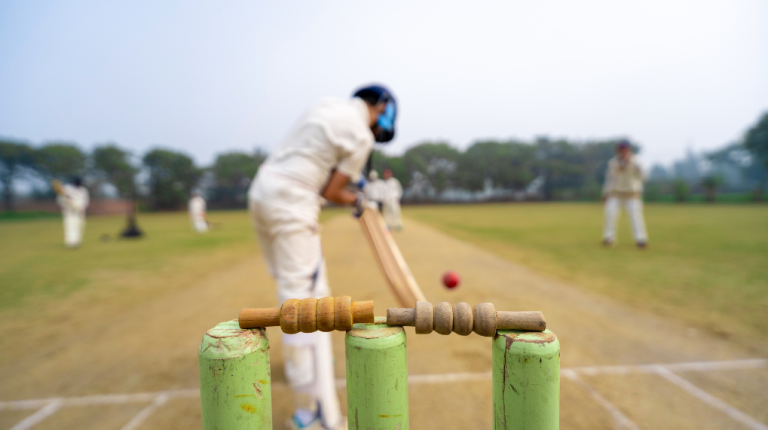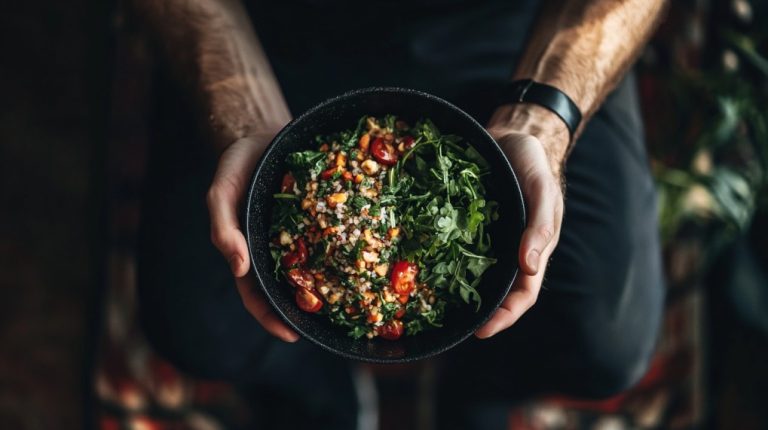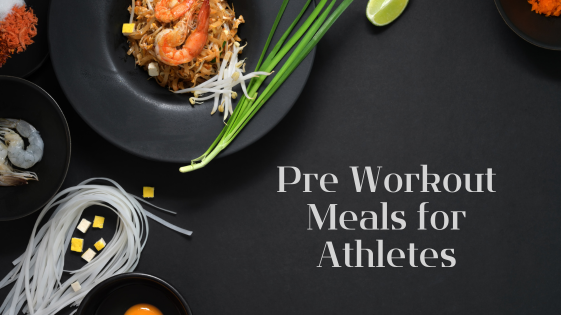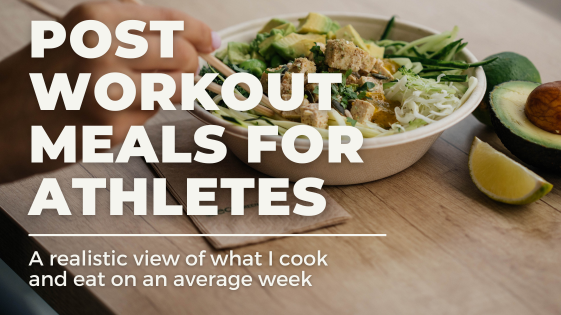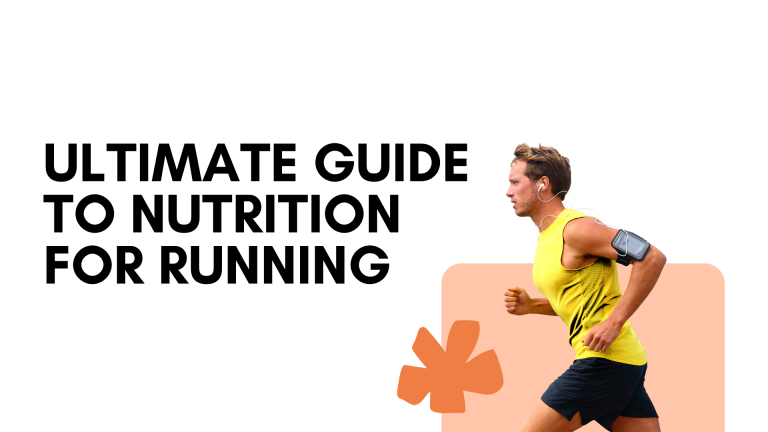Have you ever wondered what fuels the world’s best runners? Is it just rigorous training, or is there more to the story? The simple answer is that it depends, but nutrition is one of the most critical factors for athletes. A well-planned diet chart for runners can help them optimize their performance, recover faster, and build endurance.
Running is not just about moving your legs; it is a full-body activity that requires energy, stamina, and resilience. Nutrition provides the body’s fuel to sustain energy levels, repair muscles, and reduce the risk of injury. Every nutrient plays a vital role, from carbohydrates that replenish glycogen stores to proteins that repair muscle tissues. Hydration is equally crucial, ensuring that the thermoregulation happens without the development of fatigue.
Nutritional Needs of Runners
Running places unique demands on the body, so proper nutrition is critical for performance and recovery. Runners need a blend of macronutrients—carbohydrates to fuel activity, proteins to repair and gain muscles, and fats to sustain endurance. Micronutrients such as iron, which transports oxygen, and potassium, which prevents cramping, are equally important, as is proper hydration, which maintains energy and prevents dehydration. Runners can enhance their running performance and overall health by incorporating whole grains, lean proteins, healthy fats, and various colourful fruits and vegetables into their meals.
Macronutrient Breakdown
Runners’ diets contain three major macronutrients: carbohydrates, proteins, and fats. Let’s explore how these macronutrients function in your body:
- Carbohydrates provide fuel for energy. Your muscles receive fuel from the breakdown of carbohydrates into glucose. This intake of calories should range from 40-70% in carbohydrates, depending on the intensity of your training. You can achieve this by consuming whole grains, fruits, and vegetables.
- Proteins are the building blocks for repairing the muscles. This can amount to about 10–25% of your total calorie intake from lean proteins such as eggs, chicken, tofu, or lentils.
- Fats are one of the most important energy stores. Healthy fats, such as those in avocados, nuts, and olive oil, should comprise approximately 10–30% of your calories.
Micronutrients and Hydration
We cannot ignore micronutrients like vitamins and minerals. Vitamin C, zinc, and selenium contribute to the immune system and strengthen bones. Iron facilitates oxygen transport, whereas potassium prevents muscle cramping. Include a rainbow array of colourful fruits and veggies to ensure you’re getting enough.
Water is the unsung hero of a runner’s diet. Proper hydration maintains blood volume, regulates body temperature, and supports nutrient absorption. Aim to drink 17-20 ounces of water 2-3 hours before a run and continue sipping throughout the day.
Pre-Run Nutrition
Your performance can be significantly impacted by the food you consume before a run. The ideal pre-run meal should be high in carbohydrates, moderate in protein, and low in fats and fiber. This ensures simple digestion and sustained energy.
Timing Matters
Eat your pre-run meal 3–4 hours before your run. For shorter runs under 90 minutes, a small snack an hour before is sufficient.
What to Eat Before a Run
Try a banana with peanut butter, a slice of whole-grain toast with avocado, or a bowl of oatmeal topped with berries. Pair this with 5—10 ounces of water to stay hydrated.
Nutrition during a run
Your body needs additional fuel for runs exceeding 90 minutes. To avoid fatigue, consume 30-60 grams of carbohydrates per hour. Opt for energy gels, sports drinks, or natural options such as bananas and dates.
Hydration on the Go
Take in small sips of water or electrolyte-rich drinks every 15 to 20 minutes to replace fluids and minerals lost through sweat.
Quick Tips: Pretzels or gummy candies can be excellent fast boosters for solids.
Post-Run Nutrition
The recovery phase begins with your first stop running. If you want to start building glycogen back in the stores and mending the muscles, go for food rich in proteins and carbohydrates.
Recovery foods
A protein smoothie, a turkey sandwich, or a quinoa salad with roasted vegetables are ideal for post-run meals. Apart from replenishing your energy, these foods ease sore muscles.
Rehydration
Drink plenty of fluids, which will help your body replace lost electrolytes. There are sports drinks and coconut water, but home-prepared electrolyte solutions can be just as useful. Avoid alcohol after your run since it dehydrates your body.
Antioxidants for Repair
Cherries, blueberries, and green tea help reduce inflammation and speed up recovery.
Sample Diet Chart for Runners
A well-planned diet chart for runners is crucial for enhancing recovery and maintaining their body’s health. Here’s an example of a sample meal plan that has a well-balanced mixture of macronutrients and micronutrients to satisfy the runners’ energy needs during the day.
Here’s a sample meal plan tailored to meet the energy and nutritional demands of runners:
- Breakfast: Whole-grain toast with avocado, a boiled egg, and a glass of milk.
- Mid-Morning Snack: A handful of mixed nuts and a piece of fruit.
- Lunch: Grilled chicken, brown rice, steamed vegetables on the side, and a bowl of curd.
- Pre-Workout Snack: Banana or a small energy bar
- After your workout, consider a protein shake or boiled eggs with sweet potatoes.
- Evening Snack: Greek yogurt with berries
- Dinner: Quinoa salad, dal, and grilled fish fillet.
Meal Planning Tips for Runners
Planning your meals is equally important for a proper diet chart for runners. This will help avoid eating unhealthy food during a hunger attack and make a properly balanced diet for runners. Here are more tips for meal planning.
- Meal Prepping: Plan the meal well in advance so as not to indulge in unhealthy late-night choices. Bake some egg cups or prepare overnight oats.
- Balanced Meals: Ensure all meals contain lean proteins, healthy carbs, and fats.
- Avoid high-fiber foods before running: They will cause digestive discomfort during running.
- Listen to Your Body: Every runner is different. Test different foods and timing to find what works best for you.
Achieve Your Best Runs With Qua Nutrition
Nutrition is the core success factor for runners. Understanding your body’s needs allows you to fuel it optimally, accelerate recovery, and improve your time for each mile run. Whether you’re running for a marathon or just to stay fit, your diet plan can be a tailored secret for success. Contact us today and let Qua Nutrition guide you to make a diet chart for runners and achieve a healthier and more energetic running experience.



